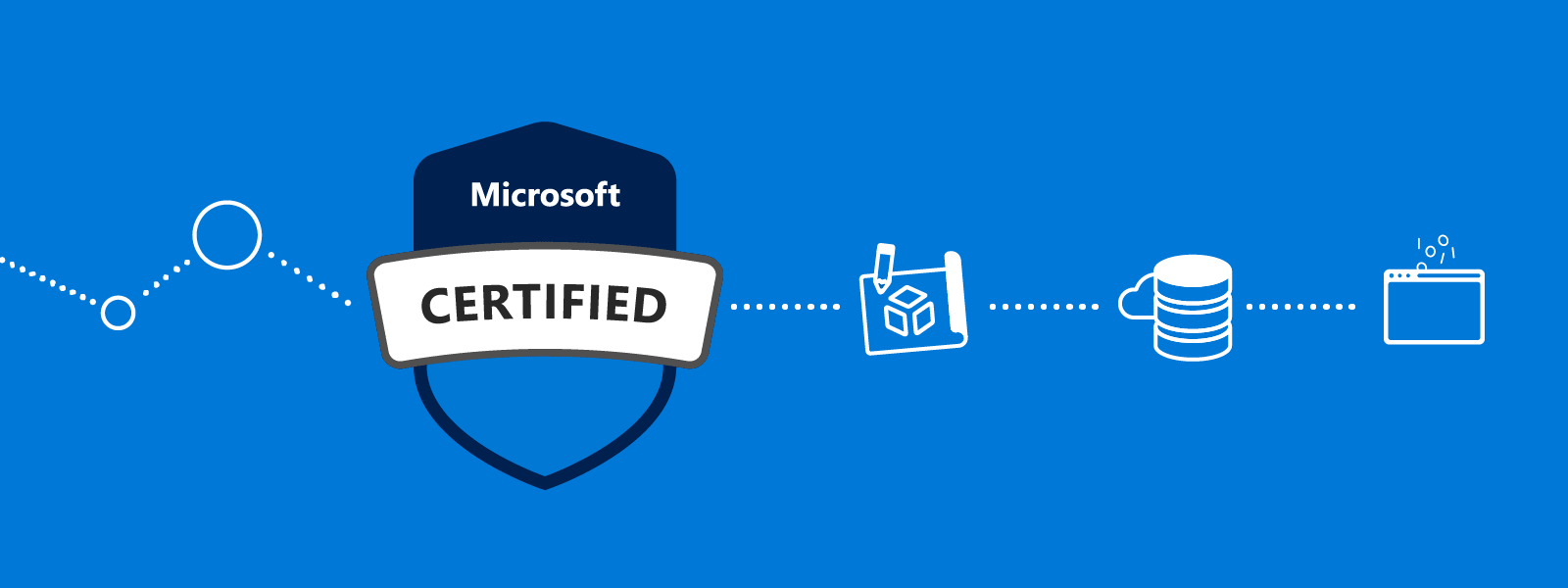Getting a good job in tech is sometimes more of an art than a science. What is best to have on your resume to get where you want to be?
If you’ve been job hunting recently, maybe because you’ve recently graduated, or are just looking for something new, you’ll know that the careers market is more competitive than ever.
With some applicants having a list of certifications as long as their arm, and others years, if not a decade or more of experience, who is more likely to be hired?
In this article we’ll be comparing the benefits of certifications vs. the benefits of practical work experience, in turn discussing what different employers may want, and how you could increase your chances of getting hired.
An Experienced Hand
For several decades, oftentimes pre-internet, experience trumped all in terms of the hiring process. Employers would judge applicants on their experiences, valuing years of expertise as collateral that the individual they were intending to hire was skilled, competent, and well versed in their specialism.
Depending on where you live, or the type of job you’re applying for, this may still be the case. Typical examples where experience may still reign supreme include; family or traditional businesses, or companies that utilize IT for admin or advertising reasons, but do not have technology at the heart of their practice.
However, for most modern or large-scale businesses, particularly those centered around technology, in the majority of cases, experience alone might not be enough.
Certification gives employers piece of mind as well as proof of your knowledge base, they can also easily see how up to date your learning is, which is most important within the IT/Tech workplace.
It also gives companies a standard for which to judge your skill level against, as well as to compare against other applications with the same or similar qualifications.
A Certification Connoisseur
On the flip side of experience heavy applicants, sits the potential employees whom are heavily certified. Typically representing graduates, these individuals do not have the wealth of hands on industry expertise that the experienced hands have.
While it is true that most certification courses incorporate a practical training element, fixing a technical problem, or troubleshooting an IT issue within the safety of the classroom is far different than in a large corporation where you may face several jobs stacked on top of one another, each time critical.
While many employers will be more than happy to take on graduates or newly qualified individuals on their certification alone, some may be concerned that your qualifications represent only theoretical skills or knowledge, and not a strong practical application of their learning.
Best of Both Worlds
In reality, neither certification or experience truly beat one another in regards to employability. Instead, a well-rounded application reflecting practical experience, backed up with the relevant certification, is the most sure-fire way to get hired in your chosen field.
A resume that features both these elements will clearly showcase to employers that not only do you understand your specialism on a theoretical level, you also can apply that knowledge efficiently within the rigors of a workplace.
Certain careers, and even certain certifications, also will require you to already have a blend of experience and learning.
The DoD for example expects a core set of 5 certifications in all their applicants, including being CISSP certified.
In turn the CISSP training process requires those that take part to already have at least 5 years working experience, covering at a minimum 4 of the 8 key networks used.
What Certifications are Best for Me?
Naturally, this question is highly defendant on your chosen field within the IT/Tech industry.
However, there are still some good core certifications which can apply to a broad range of career pathways.
1) CISSP (Certified Information Systems Security Personnel)
If you are an old hand, then, as previously mentioned, becoming CISSP certified will certainly help give you the edge over your competitors.
Globally recognized, this standardized qualification represents achievement working at the highest level in systems security.
Required by many top organizations such as the DoD and other governmental bodies, CISSP is ideal for anyone working with networks, administration, or cyber security.
2) Cisco
If you’ve been working within IT at a lower capacity, or have no prior certification, then the three Cisco certifications available represent a brilliant starting place.
These certifications cover the basics in networks, diagnostics, and handling of routers, cabling, and interfacing, and represent a good all-round baseline of knowledge, which will help to show employers your theoretical and practical skills.
3) Microsoft
Typically representing the gold-standard for all things computing, a certification created, or officiated by Microsoft is sure to help improve your resume.
Often best for old hands, looking to bring their skills bang up to date, there are whole host of Microsoft certifications available, across a broad range of IT specialisms.
Choose Certification Camps
If you’re looking to increase your hire ability both efficiently and consummately, then choosing Certification Camps to deliver the training you need to become an expert in your field is a smart choice. Offering brilliant packages including flights, accommodation and exam fees, Certification Camps allows you to focus on what matters, studying for a better future, and a top tier career.

